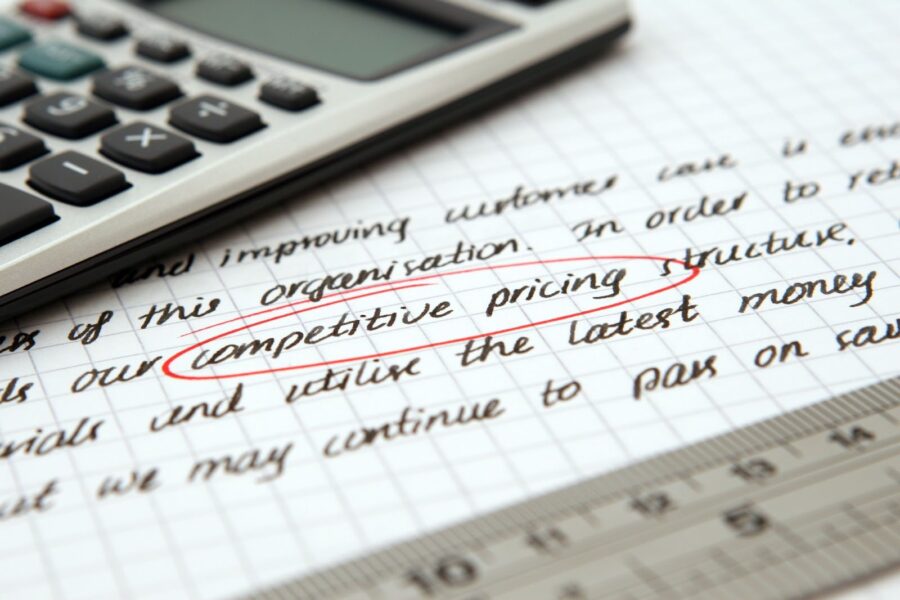Starting a rental equipment business can be exciting and lucrative, especially if you have a passion for helping customers find the right tools, helping them complete their projects, and enabling them to save money. However, running a successful rental equipment business takes planning, skill, and strategy. The following blog post will discuss some essential tips for setting up your rental equipment business for success. Whether you’re just starting or looking to take your rental equipment business to the next level, these tips will help you establish and grow your business effectively.
Determine Your Niche
Before investing in any equipment or developing your marketing strategy, it’s essential to decide on your niche area. The rental equipment business has several niches, and it can be challenging to be all things to all customers. Consider what types of equipment and rental services you will offer and who your target audience will be. You’ll want to ensure that the rentals you offer are in line with the market demand in your area.
Determine Your Pricing Strategy
Pricing strategy will determine how much money you’ll make and how competitive your rentals will be. There are several pricing models to consider, including hourly, daily, weekly, or monthly rates. It’s essential to strike the right balance between profitability and affordability, ensuring that you’re pricing comparatively with other rental businesses in your area.
Use Rental Software
Using rental equipment software can help you streamline your operations and ensure your business is always running smoothly. Rental software allows you to manage customers, track equipment, create invoices, and monitor inventory. It also enables you to automate tasks like billing, scheduling maintenance, and tracking customer feedback.
Set Up A Rental Agreement
A rental agreement is a legal document that outlines the terms and conditions of renting equipment. It’s critical to ensure that customers understand their responsibilities during the rental period, including any additional fees, maintenance, and liability. Consider hiring a lawyer to help you create legally binding rental agreements that protect your business and customers’ interests.
Create An Online Presence
In today’s digitally driven world, having an online presence is critical for the success of any business. Your website should offer a seamless user experience, including rental equipment details, rates, and an online booking system. Consider partnering with social media influencers or creating a social media account to promote your business and engage with your customers.
Establish A Maintenance Plan
Keeping your rental equipment in good working condition is essential for customer satisfaction and the longevity of your investment. Create a maintenance plan, including regular checks and maintenance, and establish a system to track equipment usage, damage, and repairs. Keeping track of your equipment’s usage and ensuring they’re well maintained will help optimize your business’s profitability in the long run.
There’s no doubt that starting a rental equipment business can be a profitable venture, but it requires a lot of effort and planning. By following the tips outlined in this blog post, you’ll be well on your way to setting up a successful rental equipment business with happy customers.
Share this Post

